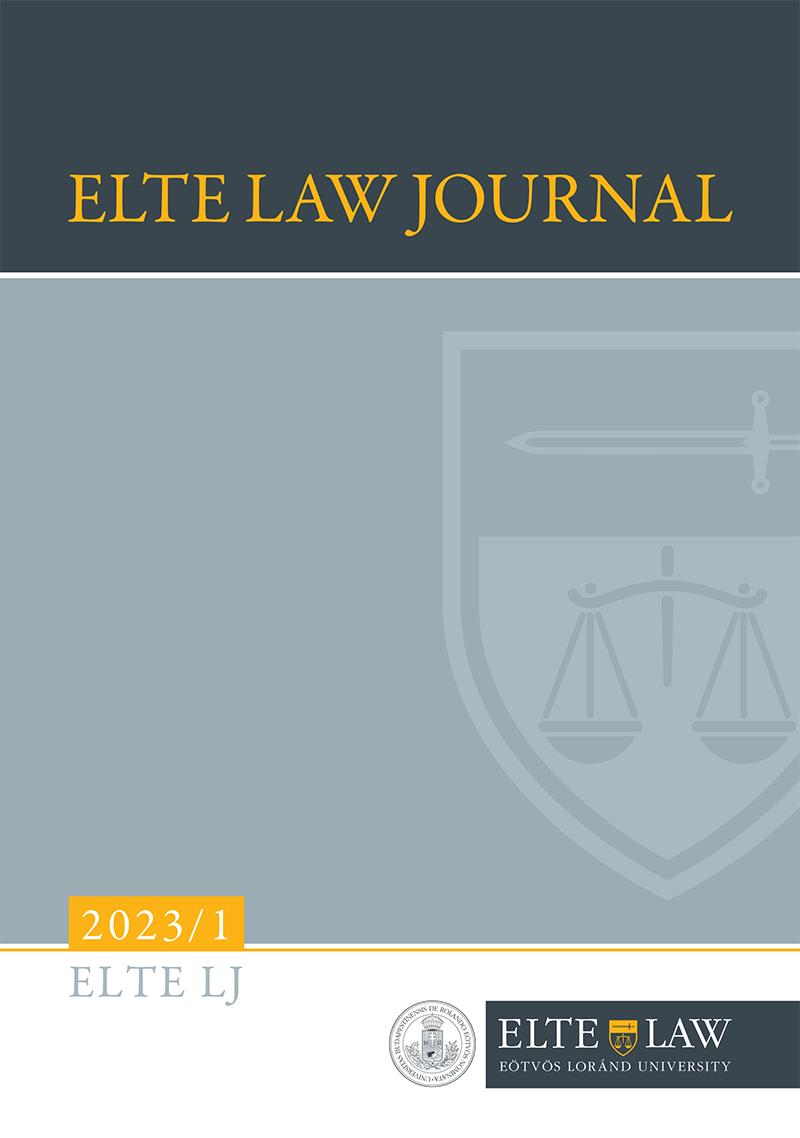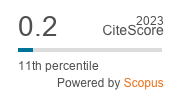The ‘Autonomy Concept’: The Constitutional Protection of Public Organs
DOI:
https://doi.org/10.54148/ELTELJ.2023.1.123Keywords:
constitutional legal personality, constitutional petition, public organ, municipality, autonomyAbstract
It is a widely accepted constitutional legal axiom that public organs and state entities do not have fundamental rights. The state is the obligor in a fundamental right relationship; the function of fundamental rights is to set boundaries to potential state interference. But what happens in the case of the autonomous public organs within the public administration system? How could their freedom of research and education be exercised, if the state universities cannot be protected from the central state administration? How do we protect local governments’ fundamental right to property from the central government itself? These questions raise intense political debates, although the constitutional legal practice might already have a solution for them, which I aim to present briefly in this article. I will summarise the role of the so-called autonomy concept in the practice of the constitutional protection of state entities.



